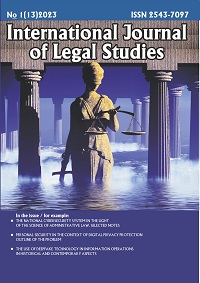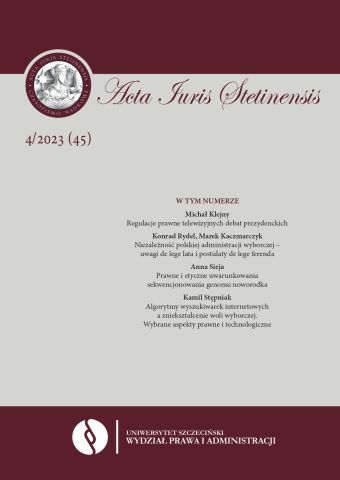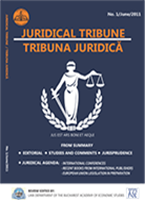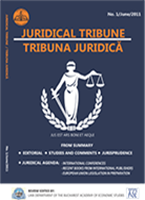MEĐUNARODNOPRAVNI SUBJEKTIVITET DA LI JE VREME ZA TRANSFORMACIJU?
One of the products of the Peace of Westphalia is the modern system of international law, which considers states as subjects of international law. With the emergence and development of international association and cooperation, international organizations acquire an international legal personality as well. The activity of non-state actors is becoming very important in international relations. Non-state actors such as non-governmental organizations, individuals and multinational companies influence the development of international law and international relations. Non-state actors are objects of international law. On the other hand, having in mind their growing influence in the international arena, they are gradually acquiring characteristics attributed to the subject of international law. The paper analyzes whether it is time for the transformation of the concept of international legal subjectivity. Different directions of action of non-state actors and their relationship with the state are examined. The occasional impotence of the state in relation to non-state actors is also analyzed, especially when it comes to non-governmental organizations and multinational companies. The paper concludes that the concept of international legal personality is ready for expansion and adaptation to requirements of the modern world. The biggest obstacle on this path is going to be the lack of political will of the states.
More...



